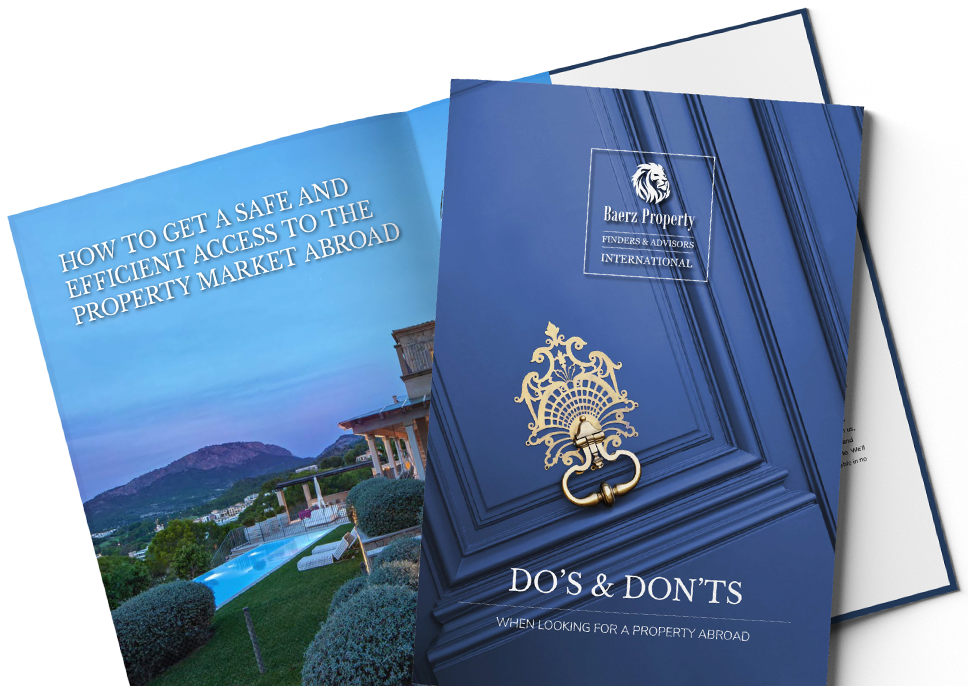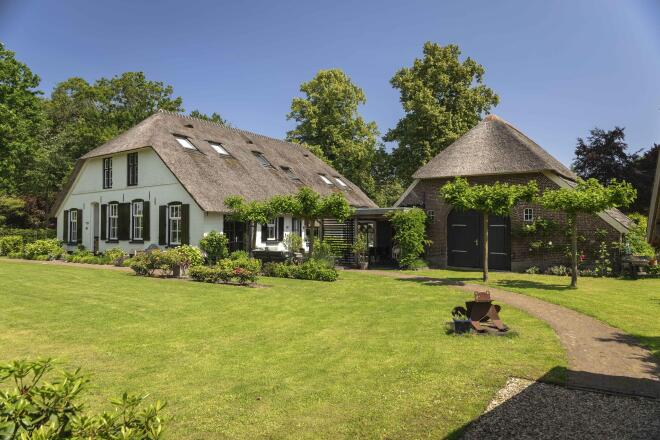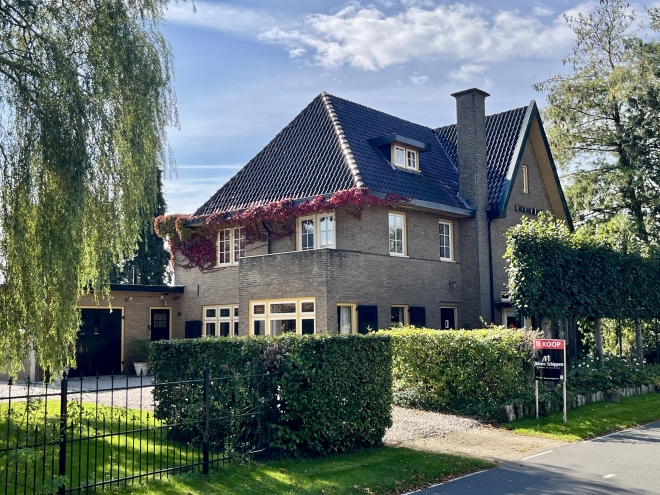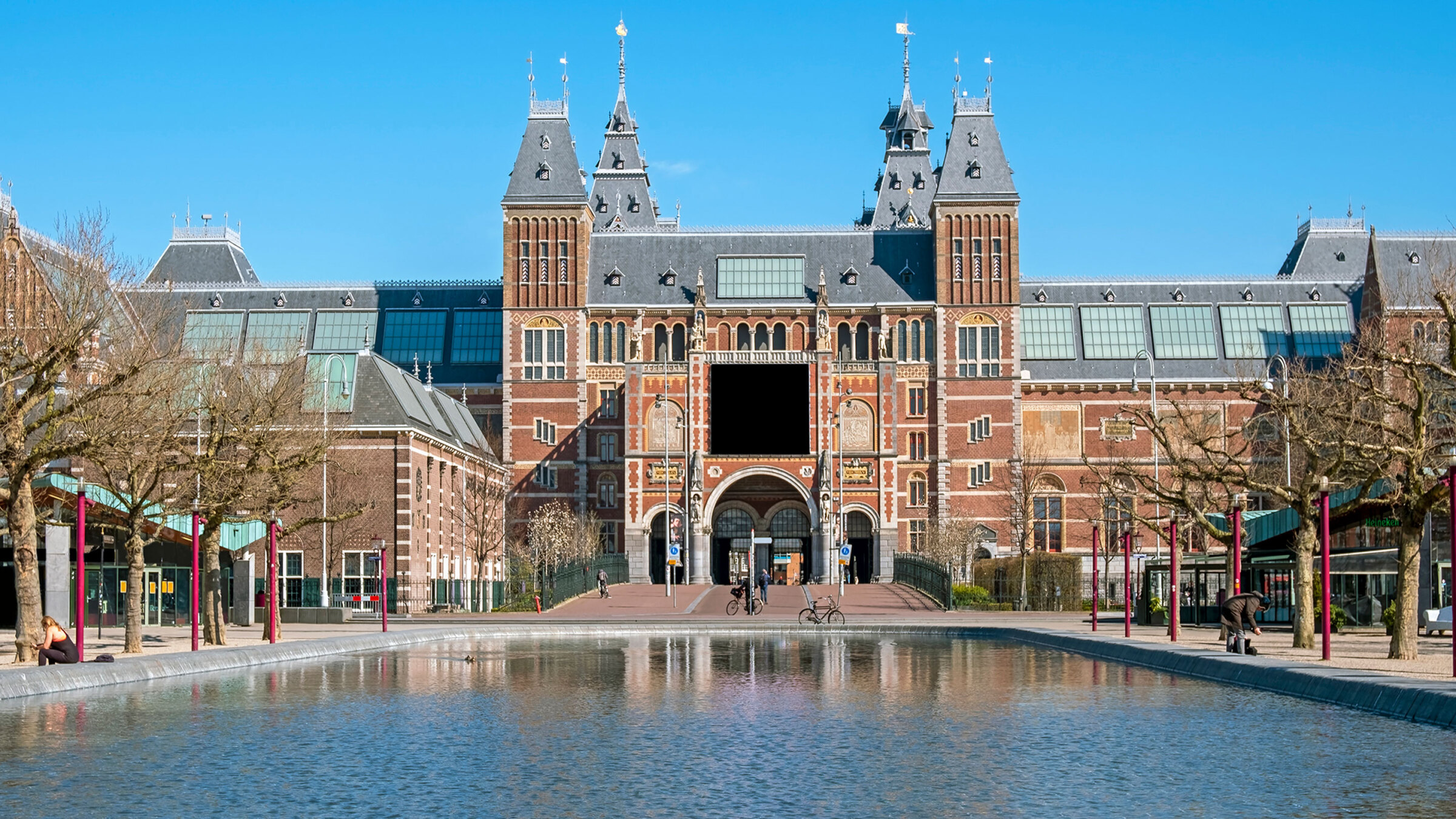
The market for high-end homes in Groenlo is characterized by steady demand, driven by Dutch and international buyers valuing privacy, heritage, and seamless access to major Dutch cities. Activity intensifies in spring and early autumn, with unique properties often trading discreetly. Sale prices reflect rarity and historic provenance more than square footage, and buyers typically prioritize estate caliber over volume.
The most coveted addresses are outside the historic town centre, where estates benefit from privacy, parkland, and proximity to trails and waterways. The outskirts offer tranquil settings, while select streets close to Groenlo’s heart retain period details and garden plots. Buying typically involves discreet off-market discussions and advisory-led introductions, with pricing reflecting legacy and renovation quality rather than standard benchmarks.
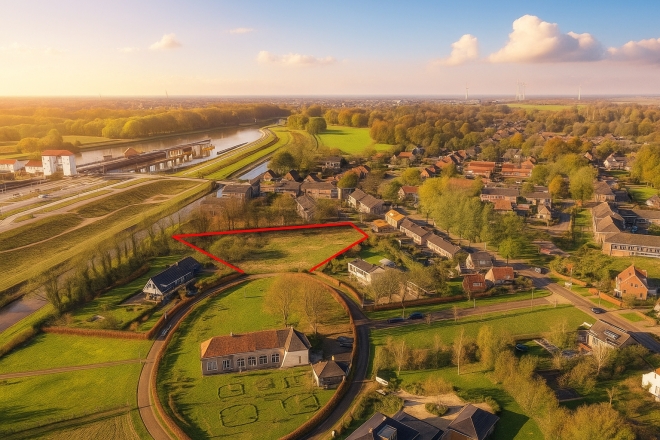
Purchasing a high-caliber residence in Groenlo means entering a market known for its blend of discrete sophistication and practical connectivity. Historic manor houses and restored farmhouses appeal to both Dutch families and international buyers, attracted by the opportunity to enjoy cultural heritage with modern amenities in a setting of natural beauty. The market’s enduring appeal lies in its scarcity of grand properties and the quality of living offered by mature landscapes, top-tier services, and security. Transactions occur year-round but are most active when the region’s greenery is at its best. New residents are drawn by stable values and the prospect of tailoring multi-generational family homes to suit contemporary lifestyles.
Navigating local property acquisitions requires diligence. Purchasers typically engage specialist advisors, as the process involves due diligence on heritage designations, environmental protections, and municipal land use. Legal frameworks supporting ownership ensure robust title transfer. International buyers may require local legal counsel and support for tax planning, with transaction timeframes varying based on the property’s historic status and any bespoke restoration involved.
Leasing high-end residences, while less common than ownership, is possible for select, well-maintained estates and manor houses. Demand for short-term stays from private clients, executives, and expats occasionally emerges, especially for properties offering privacy and amenities such as gated driveways and extensive gardens. Compliance with municipal regulations and tailored property management are key to successful luxury rentals in the region.
Seasoned advisors bring rare market access and deep-rooted local networks, often uncovering opportunities unavailable to the open market. Their expertise includes provenance vetting, negotiation, and guidance through conservation and regulatory nuances unique to historic estates. For buyers and sellers, a trusted advisor ensures transactions proceed efficiently, preserving privacy while achieving optimal outcomes. This level of personalized service is indispensable for those seeking excellence and discretion in Groenlo’s exclusive property sector.
Groenlo’s economic landscape supports boutique hospitality ventures, creative enterprises, and luxury rentals capitalizing on the town’s cultural cachet. High-speed connectivity and regional infrastructure enable seamless remote work and international communication, attracting entrepreneurs and business owners seeking a high-quality residential context. The area’s reputation for artisanal food production and agritourism projects further enhances its appeal for those blending investment with lifestyle. Whether restoring a heritage inn, launching a gallery, or managing exclusive retreats, investors find fertile ground within Groenlo’s discreet, quality-driven community.
Groenlo benefits from the Netherlands’ reputation for political reliability, stable governance, and sound economic fundamentals. The region’s robust infrastructure, efficient transportation links, and commitment to public services uphold a high quality of life. Local authorities support conservation, tourism, and entrepreneurial activity, ensuring a favorable environment for property investment and long-term residency. The steady influx of both domestic and international residents underpins sustained market confidence.
Living in Groenlo typically entails costs reflective of its upscale profile, although daily expenses remain moderate compared to larger cities. Utilities and home maintenance are efficiently run, while domestic staff and gardening services are available but not obligatory for most estates. Fine dining, boutique shopping, and leisure activities are locally accessible and competitively priced. Overall, the cost of ownership aligns with properties offering both heritage and contemporary comforts, providing value for those prioritizing space and privacy within a low-key, well-serviced setting.
Life in Groenlo is defined by its blend of authentic Dutch culture and sophisticated recreation. Residents enjoy proximity to cycling routes, nature reserves, and a thriving arts calendar. Architectural heritage, culinary delights sourced from local producers, and an active social scene centered around private events and country pursuits create a lifestyle of understated refinement. The community, welcoming and discreet, values craftsmanship, tradition, and international perspectives, ensuring a unique quality of life.

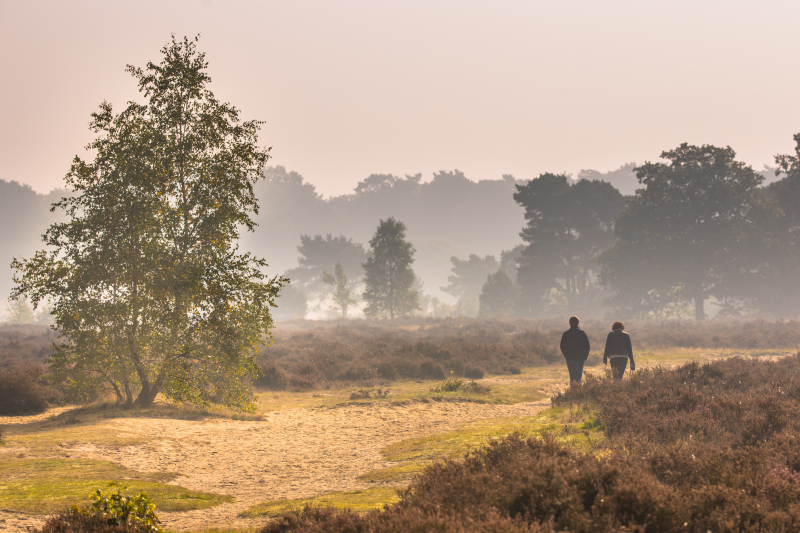
Mild summers, crisp winters, and balanced rainfall patterns characterize Groenlo’s climate. Seasonal changes add to the aesthetic appeal of estates, from blooming gardens in spring to golden foliage in autumn. Temperatures are rarely extreme, allowing for year-round enjoyment of outdoor amenities, al fresco dining, and recreational pursuits suited to both active and contemplative living.
Groenlo’s portfolio features select canal-side mansions, modern country villas, and estates with formal gardens. Each listing is chosen for architectural significance, setting, and exclusivity, ensuring a tailored collection for buyers seeking more than ordinary residences in the region.
Recent projects in Groenlo focus on restoring historic manor houses and transforming former industrial sites into contemporary residences. New builds emphasize sustainability, bespoke interiors, and landscaped grounds, while select developments offer secure gated settings, private woodland, and heritage façades thoughtfully integrated into the local landscape.
